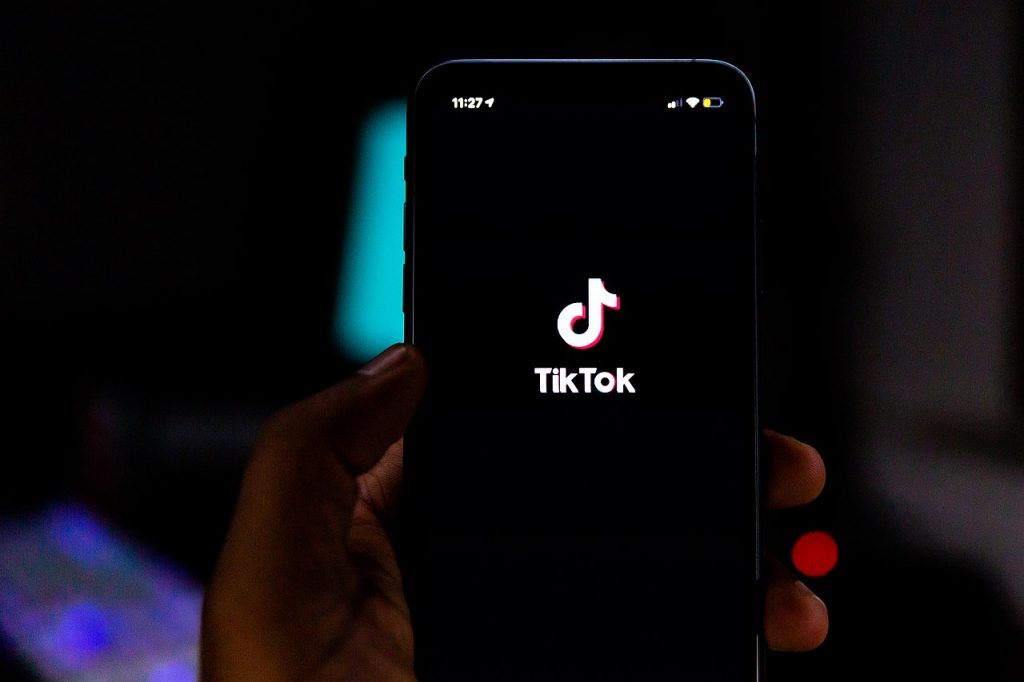Texas AG sues TikTok for violating children's privacy.
The attorney general argues that the widely used short-form video application has failed to adhere to a recent state law aimed at safeguarding children who engage in online activities.

TikTok Logo
Texas Attorney General Ken Paxton initiated legal action against TikTok on Thursday, alleging that the platform has improperly shared and sold the personal information of minors, thereby contravening a newly enacted state law aimed at safeguarding children engaged in social media. TikTok promptly refuted these allegations within hours. The Securing Children Online through Parental Empowerment Act explicitly forbids social media companies from disseminating or selling the personal information of minors without the explicit consent of a parent or guardian.
This legislation, which was approved by the Legislature last year and came into partial effect on September 1, mandates that companies develop tools enabling verified parents to oversee their minor children's accounts. In his legal complaint, Paxton contends that TikTok, a platform primarily focused on short-form videos, has not adhered to these stipulations. While TikTok offers a "family pairing" feature that permits parents to connect their accounts with those of their teenagers and establish controls, it does not require parents to authenticate their identity through a "commercially reasonable method," as stipulated by Texas law. Additionally, the minor must also agree to the pairing.
Paxton further claims that TikTok unlawfully shares and sells the personal identifying information of minors to third parties, including advertisers and search engines, and engages in the illegal practice of displaying targeted advertisements to known minors.
“I will continue to hold TikTok and other Big Tech companies accountable for exploiting Texas children and failing to prioritize minors’ online safety and privacy,” Paxton said in a statement. “Texas law requires social media companies to take steps to protect kids online and requires them to provide parents with tools to do the same. TikTok and other social media companies cannot ignore their duties under Texas law.”
A representative from TikTok refuted Paxton's claims, highlighting available online resources that inform parents in various states, including Texas, on how to request the deletion of their teenager's account. Parents are required to confirm their identity by providing a photograph of themselves alongside their government-issued identification. TikTok's privacy policies state that the company does not sell personal information and that personal data is not disclosed "where restricted by applicable law."
"We strongly disagree with these allegations and, in fact, we offer robust safeguards for teens and parents, including family pairing, all of which are publicly available," TikTok spokesperson, Jason Grosse wrote in a an emailed statement. "We stand by the protections we provide families."
Paxton's legal action was submitted to a federal district court located in Galveston. This submission follows a decision made by a federal district court judge in August, who temporarily halted the implementation of a portion of the social media legislation while the ongoing legal dispute regarding the law's constitutionality unfolds.
Two distinct lawsuits have been initiated in an effort to prevent the implementation of the law. The first lawsuit was brought forth by technology industry associations representing major digital corporations, including YouTube and Meta. The second lawsuit was filed by an organization advocating for free speech. Just days prior to the law's intended enforcement date, Judge Robert Pitman issued a ruling that temporarily halted a provision requiring social media platforms to eliminate harmful content from the feeds of minors, such as material related to self-harm or substance abuse.
However, Judge Pitman permitted other aspects of the law to proceed, including the ban on the sale or sharing of minors' data and a new requirement for social media companies to enable parental oversight of their children's accounts. In response to the Texas law, Meta, the parent company of Instagram and Facebook, introduced new parental control features. Parents who can verify their identity with appropriate identification are now able to impose time restrictions on their child's usage and modify their teen's account settings. A spokesperson for Meta also confirmed that the company does not engage in the sharing or selling of personal data.
The consumer protection division of Attorney General Paxton's office holds exclusive authority to enforce the law. They are pursuing civil penalties of $10,000 for each violation, in addition to attorney's fees.





















